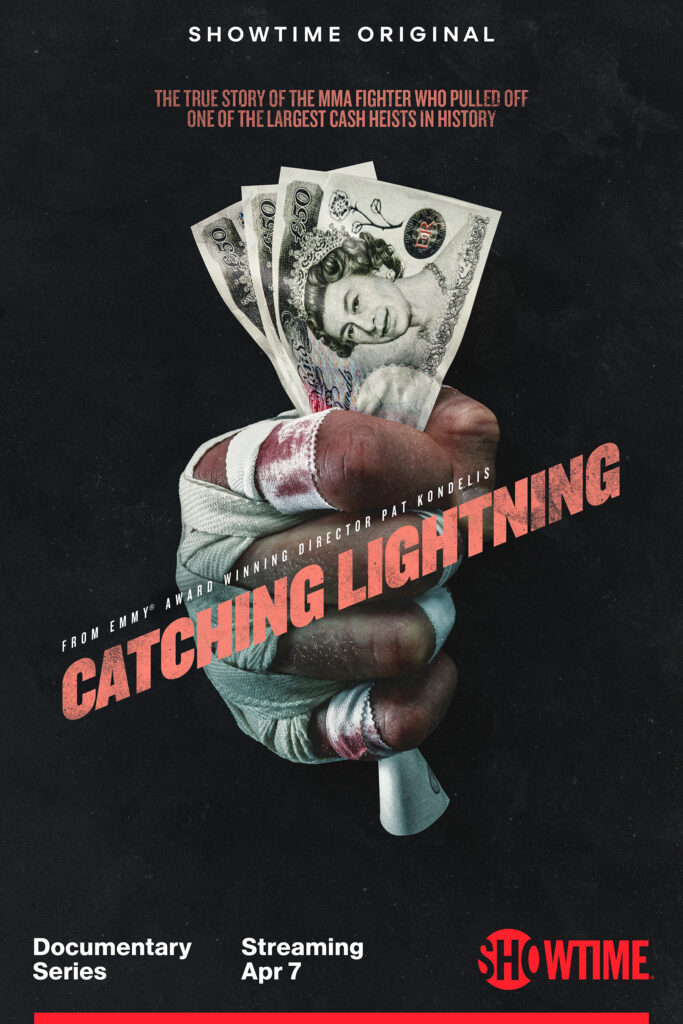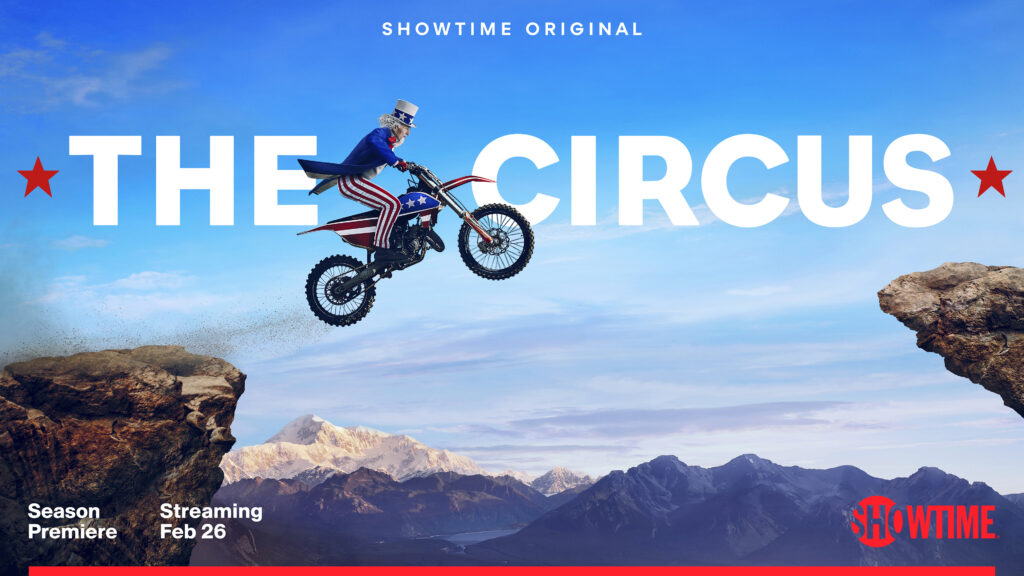To say The Lodge at Doonbeg is dramatically situated is a bit...
doonbeg
Local fish supplier Charlie Sexton has fished the waters...
Out along the Doonbeg strand today I came upon a...
IRELAND: I honestly didn’t expect to be able to...
When people think of Irish food they tend to...
I am a sucker for the livestock when I’m...















